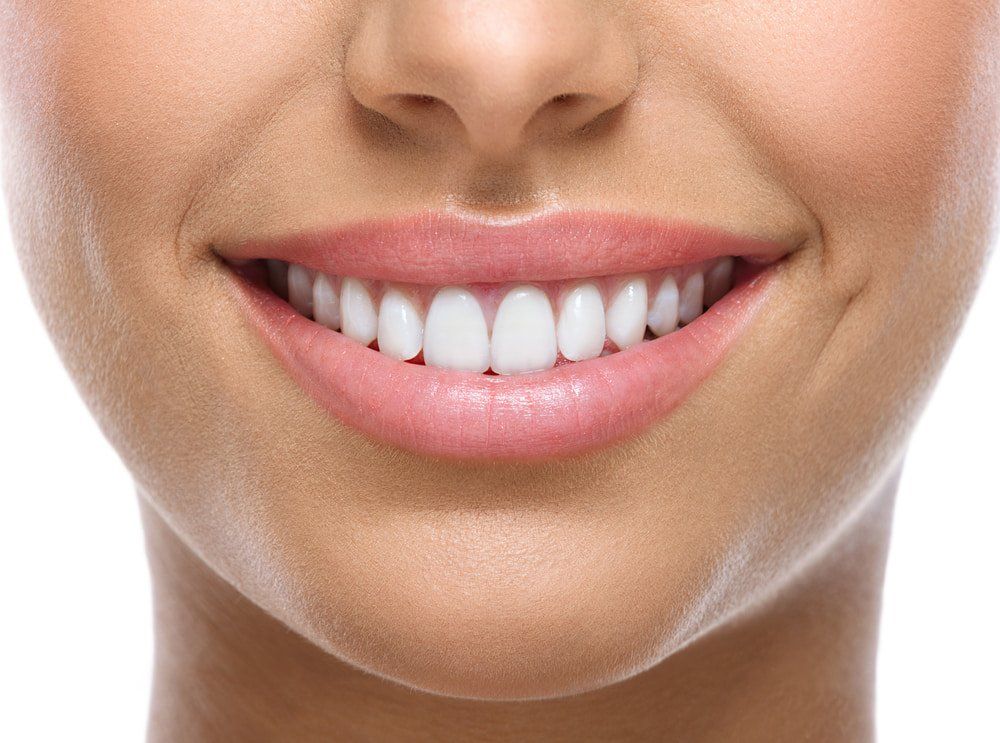GENERAL & PREVENTATIVE DENTAL CARE IN NEWCASTLE
RETAINING YOUR DENTAL HEALTH AND YOUR SMILE’S APPEARANCE
Preventing the development of harmful dental conditions
By regularly checking on the health of your teeth, we can nip dental issues in the bud before they become more serious and more expensive to treat. Our dental team is here to keep your teeth and gums healthy and to educate you on how to continue to look after your dental health between visits.
During your dental check-up,
our dental team will examine your teeth and gums to evaluate your oral health. Digital x-rays are safer than traditional x-rays and also allow our patients and dentists to visually see what is going on in your mouth. With the click of a button, we can zoom in on your teeth and explain treatment options more easily. Regular dental check-ups are the best insurance for your dental health. Our hygienists are here to help provide you long-term care of your teeth and gums. By proactively monitoring your dental health and addressing dental issues, we can maintain your smile for a long time.
Periodontics and providing optimal care for your gums
Periodontics is the dedicated field of dentistry that specifies in the supporting tissues of your smile, in other words – your gums. Your gums play a central role in establishing and maintaining the health of your entire dental function. A dysfunction in your gums can create a disharmony that can affect your teeth, your soft tissues and even your jawbone.
Gingivitis is a mild form of gum disease which can often be easily treated with active dental maintenance. The progression of gingivitis towards periodontitis can require more extensive care and, if left untreated, can eventually lead to tooth loss and the spread of infection to your jawbone. Advanced periodontitis has also been linked to cardiovascular disease and diabetes, thus if you have serious gum disease it is essential that you visit a trained professional as soon as possible.
Reversing Gum Disease
Fortunately, in most instances gum disease can be corrected with the implementation of a stringent dental hygiene routine and a thorough clean by our dental hygienist. The use of our advanced dental lasers has allowed us to also address periodontal concerns virtually painlessly and with pinpoint accuracy. In addition to increased accuracy, our dental lasers have also allowed us to minimise any discomfort felt by our patients and also reduce the treatment time required.
During your check-up our dental professionals can identify the potential presence of gum disease and walk you through the steps to take to ensure your gums reach optimal dental health.









